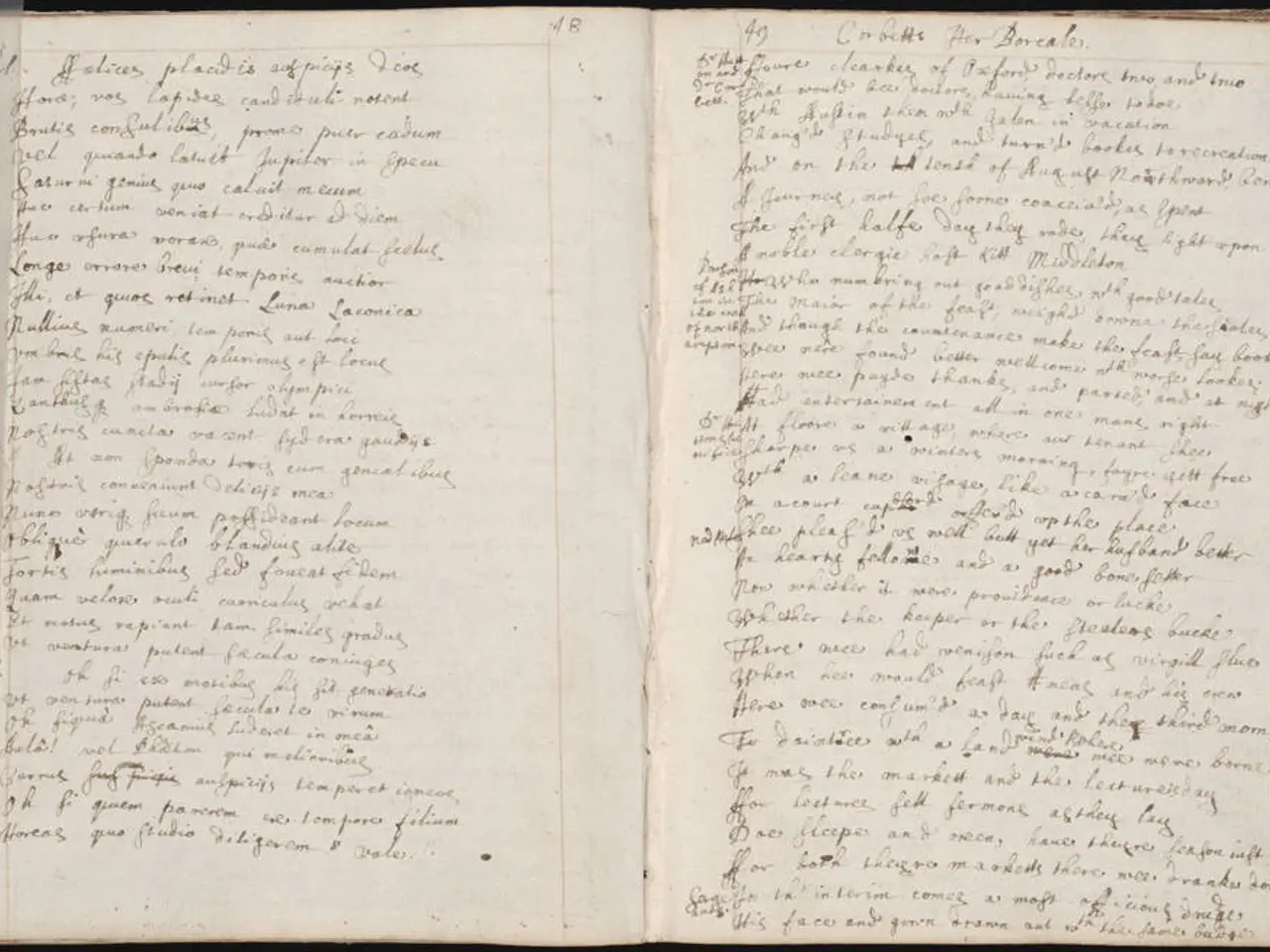Navigating the Art of Cognitive Analysis for TOK Evaluations
In the realm of academic pursuits, the Theory of Knowledge (TOK) stands out as a unique and thought-provoking course. For students preparing for the International Baccalaureate (IB), understanding how to approach TOK essays with critical thinking is essential. Here's a guide to help you navigate this challenging yet rewarding journey.
Embracing Critical Engagement
Effective TOK essays are the product of critical engagement. This means questioning assumptions, exploring diverse perspectives, and reflecting deeply on the knowledge claims and their implications. To do this, frame open-ended knowledge questions, integrate real-life examples, and compare different Areas of Knowledge (AOKs) and Ways of Knowing (WOKs) with a logical structure and relevant TOK terminology.
Questioning Assumptions and Bias
Challenge the sources and viewpoints you introduce. Consider their origins, reliability, and limitations. Acknowledge personal values and backgrounds that might influence your views, and strive to balance your analysis.
Exploring Perspectives
Utilize the knowledge framework’s “Perspectives” element to understand how context, culture, and experience shape knowledge. Recognize that no single viewpoint is complete.
Framing Knowledge Questions
Develop precise, open-ended questions that guide inquiry and comparison across AOKs and WOKs. A strong Knowledge Question in TOK invites investigation, such as "To what extent does emotion influence scientific knowledge?"
Using Real-Life Examples
Ground theoretical discussion in contemporary, concrete examples that relate clearly to the knowledge questions and TOK concepts. Use real-world examples to test ideas, such as climate change debates or viral misinformation, and question their reliability or relevance.
Reflecting Critically
Go beyond description to analyze why knowledge claims hold, acknowledge counterclaims, and consider ethical or global significance.
Structuring Clearly
Organize the essay with coherent sections that flow logically, supporting development of your argument and reflecting TOK assessment criteria.
Balancing Arguments and Acknowledging Uncertainty
Critical thinking in TOK balances arguments by presenting a claim with supporting evidence, then tackling it with a counterclaim. It's acceptable to show uncertainty in your TOK work. Acknowledging limitations demonstrates maturity and a critical approach to writing.
Leveraging AI and Guided Examples
Utilize AI-supported analysis tools like Jojo AI to test arguments, generate counterclaims, and check the structure of your essays. Access guided examples to help you craft your Knowledge Questions and weigh perspectives with nuance. Follow structured frameworks like the one outlined in the "Structuring for Success" guide to ensure your analysis is balanced and convincing.
By following these strategies, you'll be well on your way to producing strong TOK essays that demonstrate critical engagement, comparative exploration of perspectives, and careful reflection, all with a focus on real-world relevance. Happy essay writing!
- Engaging in the Theory of Knowledge (TOK) requires a focus on education-and-self-development, as it encourages personal-growth through critical thinking, learning, and questioning assumptions.
- To successfully navigate TOK essays, one should utilize a combination of learning resources like AI-supported tools, guided examples, and the given framework, ensuring the creation of well-structured essays that foster real-world relevance, personal reflection, and critical understanding.




